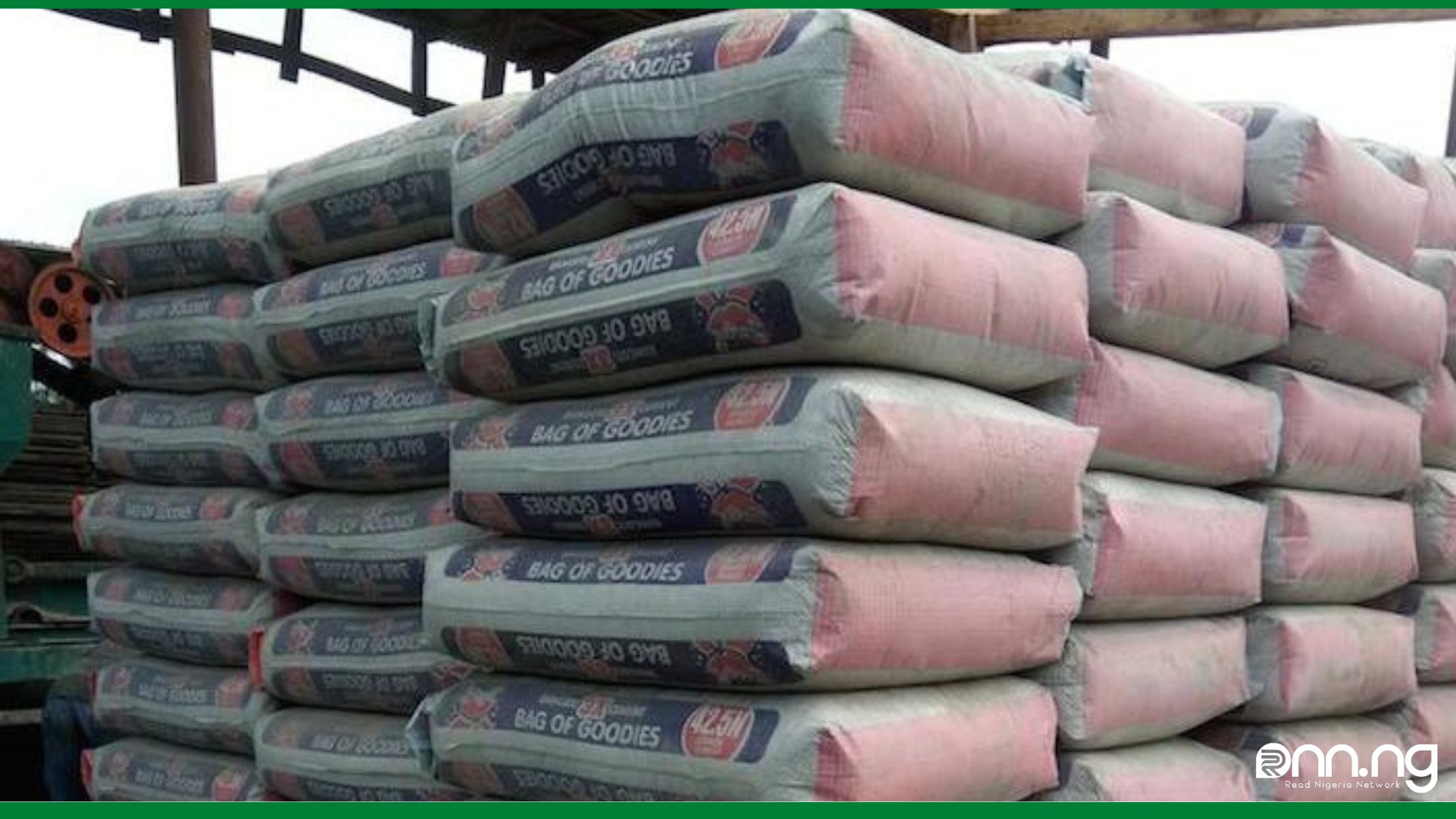Business News
Cement companies suffer significant losses in Foreign Exchange
Major industrial firms in the Nigerian economy have lamented the lack of foreign exchange in the meantime. The three listed cement…

- Cement companies suffer significant losses in Foreign Exchange
- Information about the CBN data
- Losses from Foreign Exchange by Company
- The manner in which companies source foreign exchange
Between January and June 2022, the Nigerian industrial sector borrowed $4.4 billion from the Central Bank of Nigeria (CBN) to pay its import bills, making up about half of the entire amount the central bank distributed to seven sectors during the same time period.
This is in accordance with information that RNN has access to regarding the sectoral use of foreign exchange by the CBN.
Major industrial firms in the Nigerian economy have lamented the lack of foreign exchange in the meantime. The three listed cement producers in the nation experienced around N78 billion in foreign exchange losses between January and September 2022 as a result of this problem.
Information about the CBN data
In the first half of the year, the apex bank intervened with a total of $8.89 billion to seven sectors of the economy to finance their import requirements. This is 55.4% more than the $5.72 billion that was spent during the same period in 2021.
The largest portion, or 49.9% of the $4.44 billion total, went to the industrial sector. In comparison to the $2.27 billion received in H1 2021, the amount received by firms in the industrial sector during the study period is 95.5% greater.
READ MORE: Cement companies report N1.709 trillion revenue in Q3
Products that were manufactured came in second with $1.86 billion, or 20.93% of the total, and businesses that produced food received $1.21 billion, or 13.56% of the total.
The agricultural sector received the least, with only $121.17 million, followed by the oil sector ($700.6 million), the mining sector ($291.7 million), and the transportation sector ($274.1 million).
Losses from Foreign Exchange by Company
Dangote Cement, BUA Cement, and Lafarge Africa reported combined FX losses of N78.62 billion in the first nine months under review.
They lost a total of N9.84 billion over the same period in 2021, but this year’s loss was up a staggering 699.1% year over year. The largest rise was seen at BUA Cement, from N295 million to N5.26 billion. The largest loss was recorded by Dangote Cement, however, at N72.39 billion, up from N8.32 billion the year before.
Lafarge Africa, meanwhile, managed to reduce its foreign exchange loss from the prior year by 21%, from N1.22 billion in the first nine months of 2021 to N967.29 million in the time under consideration.
The manner in which companies source foreign exchange
Manufacturing enterprises operating in Nigeria now have to be creative in their search for foreign exchange because they are unable to obtain enough FX through the official market to pay their import costs.
While some businesses have been able to earn dollars by exporting their products to other nations, many have been compelled to source dollars at a higher price on the black market. Sadly, this has increased operating costs, which have either reduced their margins or increased their selling prices.
Since ceasing to sell forex to Bureau De Change operators in July 2021, the CBN has increased FX sales to the I&E window and enterprises.
The enterprises must pay greater FX charges because the supply is insufficient to match their demand. BUA Cement hinted at sourcing for FX through other channels at higher rates during the presentation of its Q3 results.
Source: Nairametrics.com
